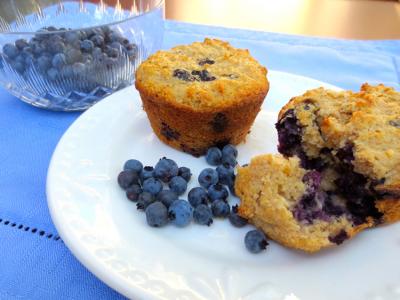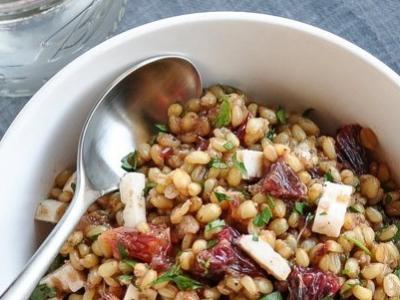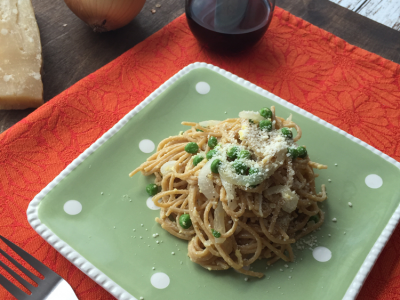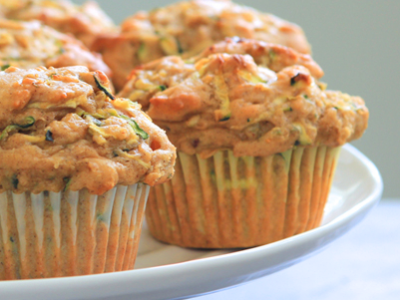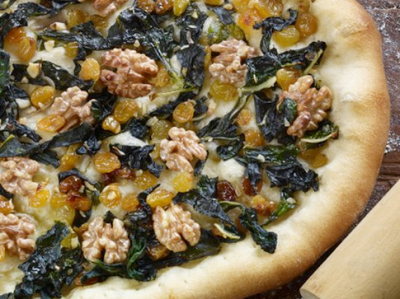Whole Grains May Prevent Early Death
Whole grains (like rye, oats, and whole wheat) have a strong history in traditional Scandinavian cuisine, but as in other regions, the food landscape is changing and refined grains have replaced some traditional foods. To see how eating whole grains relates to mortality, researchers analyzed the diets of over 120,000 people in Denmark, Norway, and Sweden. The scientists found that those who ate the most whole grains had significantly lower risk of death from all causes. When analyzing individual whole grains, the researchers found significantly lower mortality rates in those who ate the most whole grain breakfast cereals, whole grain bread, oats, rye (only statistically significant for men), and whole wheat. These findings support existing evidence that whole grains may contribute to longevity.
British Journal of Nutrition. 2015 July 23:1-16. (Johnsen NF et al.) [Epub ahead of print]


